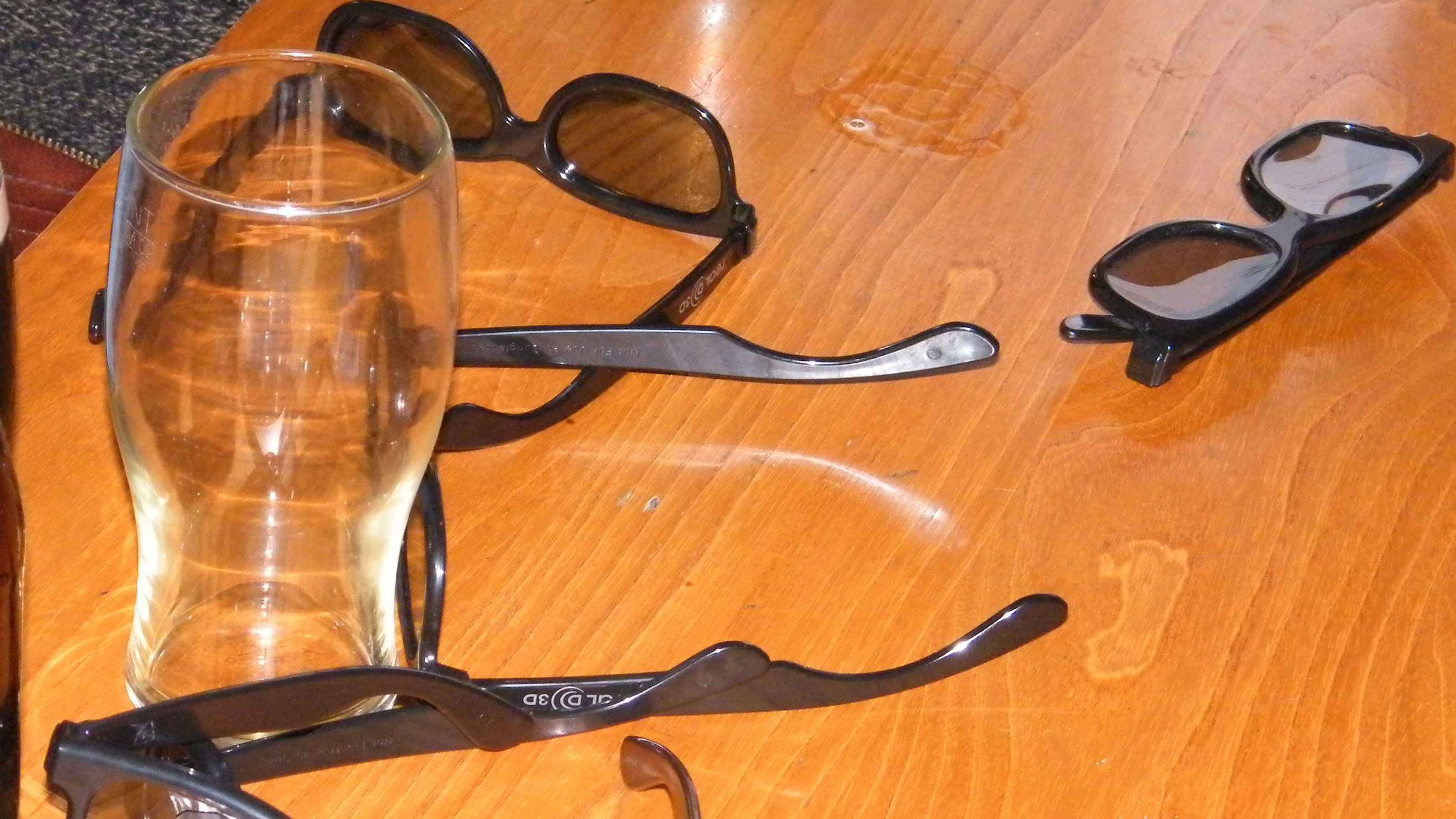Better glasses-free 3D for all screen sizes incoming
Dolby 3D enters another dimension

Dolby and Philips have joined forces to create a new 3D format that's set to bring quality glasses-free 3D to screens, no matter what their size.
Announced at DAB, the new format is focused on making glasses-free 3D as easy to watch as possible and it is hoped will act as a bridge for the entire 3D production process – from device manufacturers to broadcasters.
Speaking about the new format, which is simply called Dolby 3D, Ruud Peters, Chief Intellectual Property Officer at Philips, said: "By unveiling Dolby 3D, we introduce a 3D HD format capable of powering glasses-free 3D displays of any size, enabling broadcasters, operators, content aggregators, and device manufacturers to deliver HD-quality 3D on any device."
Joint venture
Dolby and Philips will be hoping its joint venture is snapped up by OEMs working on glasses-free displays.
The whole point of the new codec is that broadcasters and the like can use it to pipe out 3D in both glasses and glasses-free form and be safe in the knowledge that the content looks great in both versions.
There's also a hint that it will help with 3D real-time conversion. According to Fox, though, this is what is harming 3D at the moment, so Dolby and Philips better come up with something good to change the industry's perception of on-the-go conversion.
As the new format is for every screen, Dolby and Philips are hoping that mobile manufacturers will use the tech in their next batch of glasses-free 3D phones – currently only HTC and LG have gone down this road.
Get daily insight, inspiration and deals in your inbox
Sign up for breaking news, reviews, opinion, top tech deals, and more.
When it comes to glasses-free TVs, Toshiba is the only one to bring a consumer device to market with the Toshiba ZL2 – which currently costs in the region of £6,999 (around $11,000).
Marc Chacksfield is the Editor In Chief, Shortlist.com at DC Thomson. He started out life as a movie writer for numerous (now defunct) magazines and soon found himself online - editing a gaggle of gadget sites, including TechRadar, Digital Camera World and Tom's Guide UK. At Shortlist you'll find him mostly writing about movies and tech, so no change there then.
